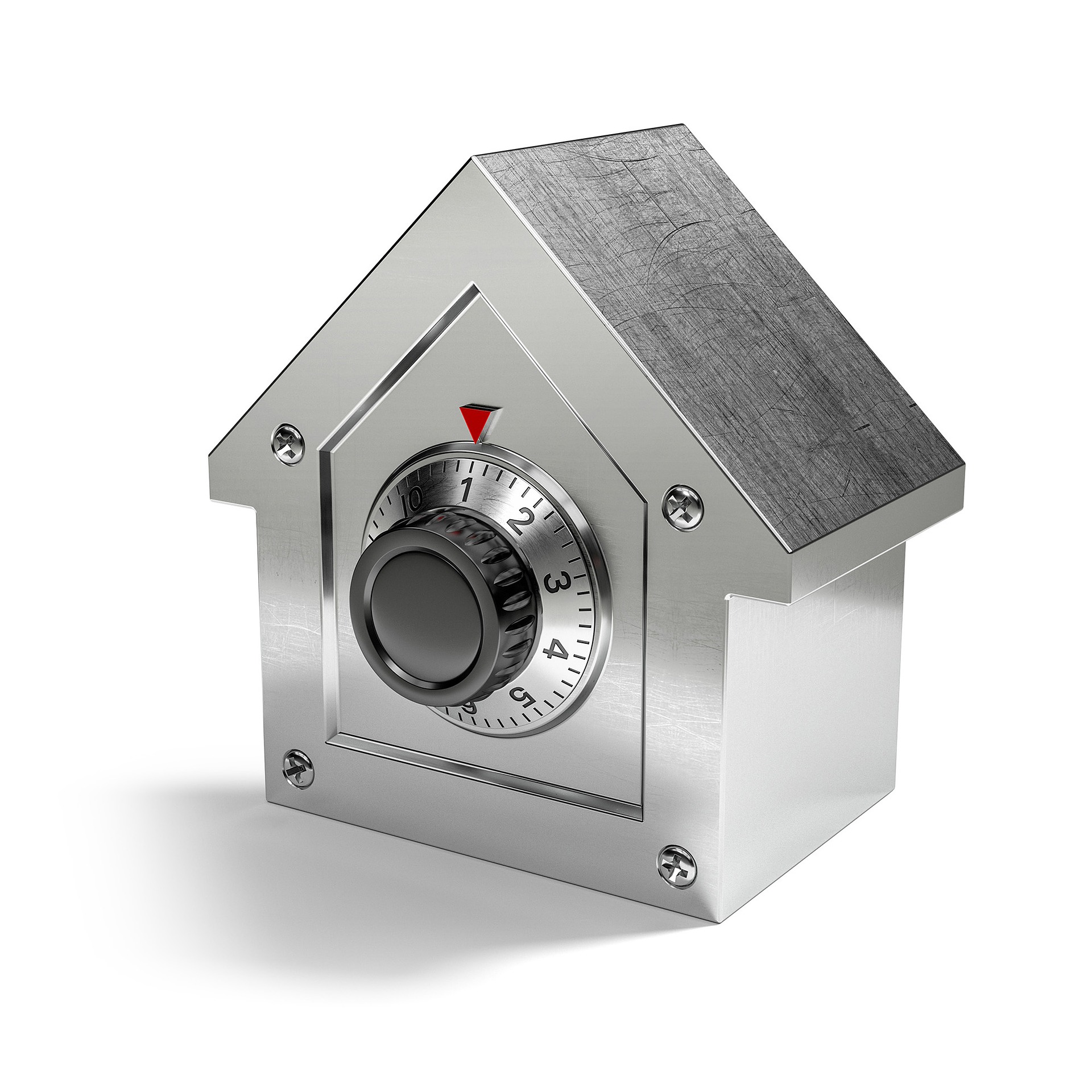In today’s tight real estate market, if you’re looking to purchase a home, you will most likely have to make an Earnest Money Deposit (EMD), also known as a “good faith deposit.” You are not required by law to make a good faith deposit, especially if you are using no-money down Virginia financing, but if you want to show the seller that you are really serious about buying, it’s highly recommended.
Q: What is an EMD?
A: The earnest money is a deposit made to the seller that represents a buyer’s “good faith” to purchase a home. Money is deposited into a third party representatives trust or escrow account by the buyer. The money is held in trust until closing and is applied to the purchase price. It also gives the buyer time to complete the terms of the sales agreement including but limited to home inspections, a title search, or complete the financing approval process. The earnest money deposit does not require the buyer to purchase the home, but it does require the seller to take the home off the market after all contract contingencies, if any, have been removed.
Q: Is the EMD additional money going to the seller?
A: No. The EMD is not a fee. The money may be refunded to you if you back out of the contract before you remove contingencies, or it will be applied toward your down payment for financing, or the purchase price, if cash.
Q: Who holds the earnest money?
A: Earnest money is always deposited into an escrow account (also known as a trust account) and held by a third party until closing when it will most likely go toward the buyer’s down payment or total purchase price.
Q: How much is the EMD?
A: Typically, an EMD is about 1% – 2% of the cost of the home, so if the selling price is $300,000, the EMD may be $3,000 – $6,000. The EMD can go up much higher, especially in hotter, more competitive markets. The higher your earnest money amount, the more serious you look to the seller.
Q: How and when is the EMD paid?
A: The EMD is usually paid by check, cashier’s check or wired funds, but it can also be a promissory note. The money is typically deposited within 3- 5 days from the ratification of the contract.
Q: Will my EMD get returned if something goes wrong?
A: It depends! If the seller is in default because a clear title can not be provided to the buyer, then most likely the answer is yes. Or, if certain conditions in the contract create a voidable circumstance such as a low appraised value or a very poor home inspection report, then your EMD should be returned to you with a signed contract release by all parties.
Q: What happens if all contract contingencies are removed and the buyer then backs out of the sale?
A: The seller will most likely demand that the EMD be handed over to them for not completing their “promise” to buy the property. Here again, a signed release by all parties will be required to provide instructions on the deposition of the EMD.
How to Protect Your Earnest Money Deposit
 Make sure contingencies are included in your contract – Make sure there are contingencies for financing and inspections included in your contract. Without contingencies, you may end up losing your deposit if you can’t get financing or a problem shows up in the inspection.
Make sure contingencies are included in your contract – Make sure there are contingencies for financing and inspections included in your contract. Without contingencies, you may end up losing your deposit if you can’t get financing or a problem shows up in the inspection.- Abide by the terms of the contract – It’s important that you read and understand the terms of the contract, because it may state that the home inspection has to be done by a certain time. If you don’t meet that time frame, you could lose your deposit.
- Make sure your deposit is handled appropriately – You want to make sure that your deposit is paid to a reputable third party, such as a real estate brokerage, escrow company, title company or legal firm. It’s not recommended to give the deposit directly to the seller unless you have a relationship with them and trust them. Make sure you verify the funds will be held in an escrow account and get a receipt.
Looking for real estate services in Gainesville, Haymarket or Bristow? Contact your local real estate expert Belinda Jacobson-Loehle of Jacobson Realty and Home Staging In Gainesville, Virginia today. Also be sure to sign up now for a FREE copy of my eBook, “The Real Estate Key – What You Need to Know!”
4,946 total views, 2 views today
